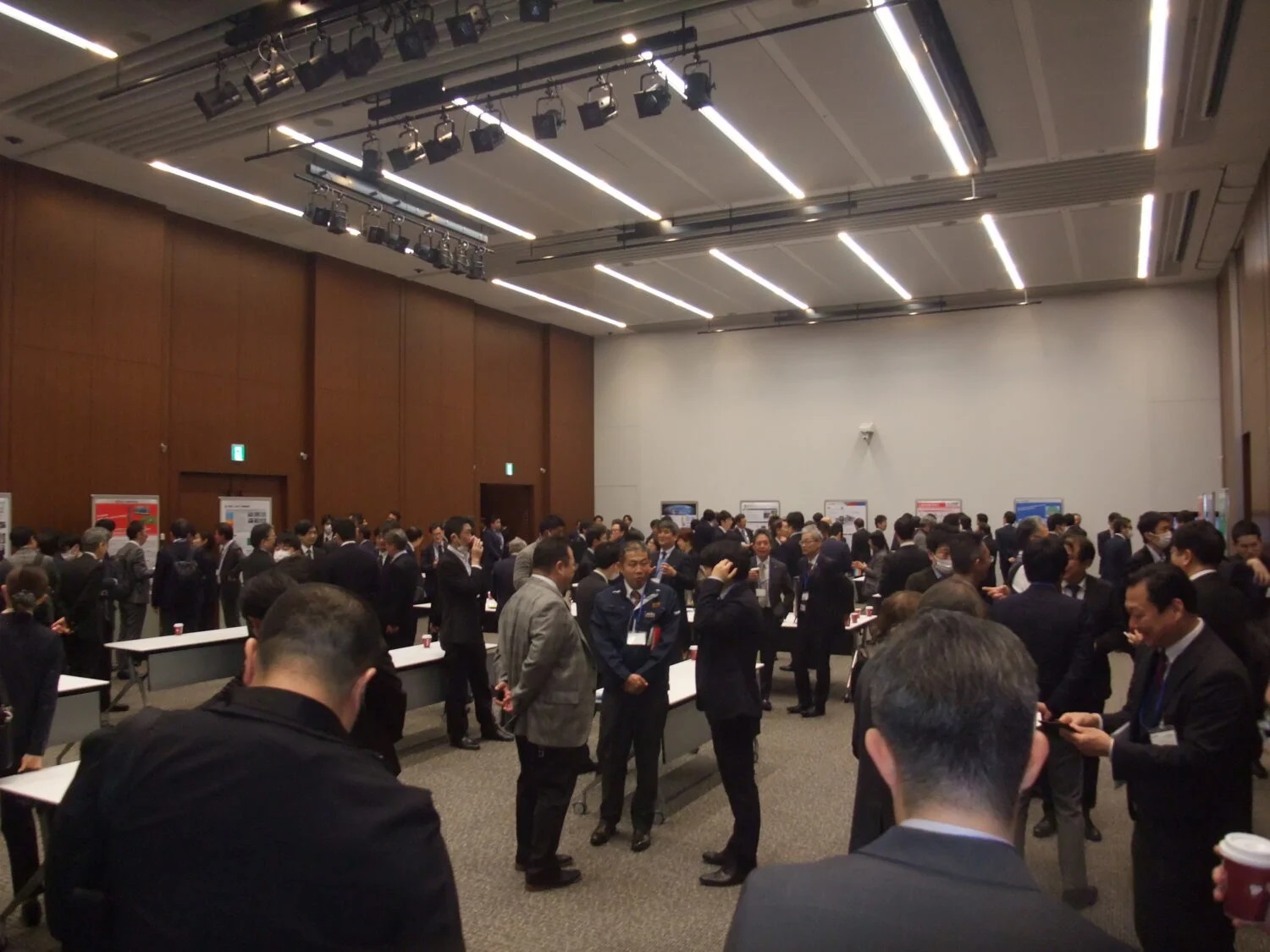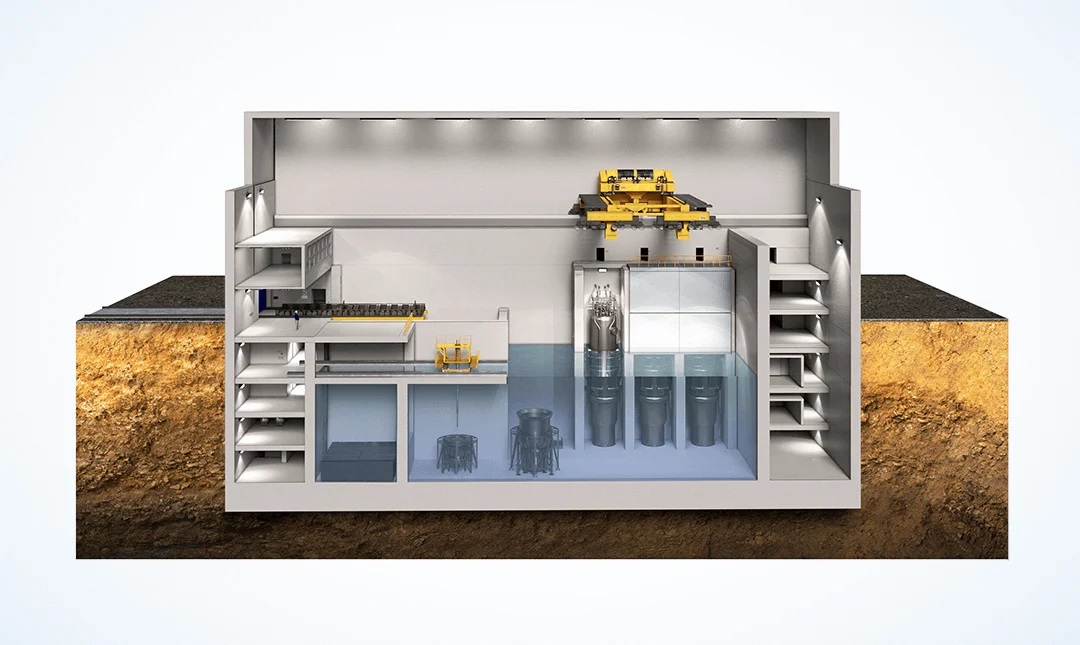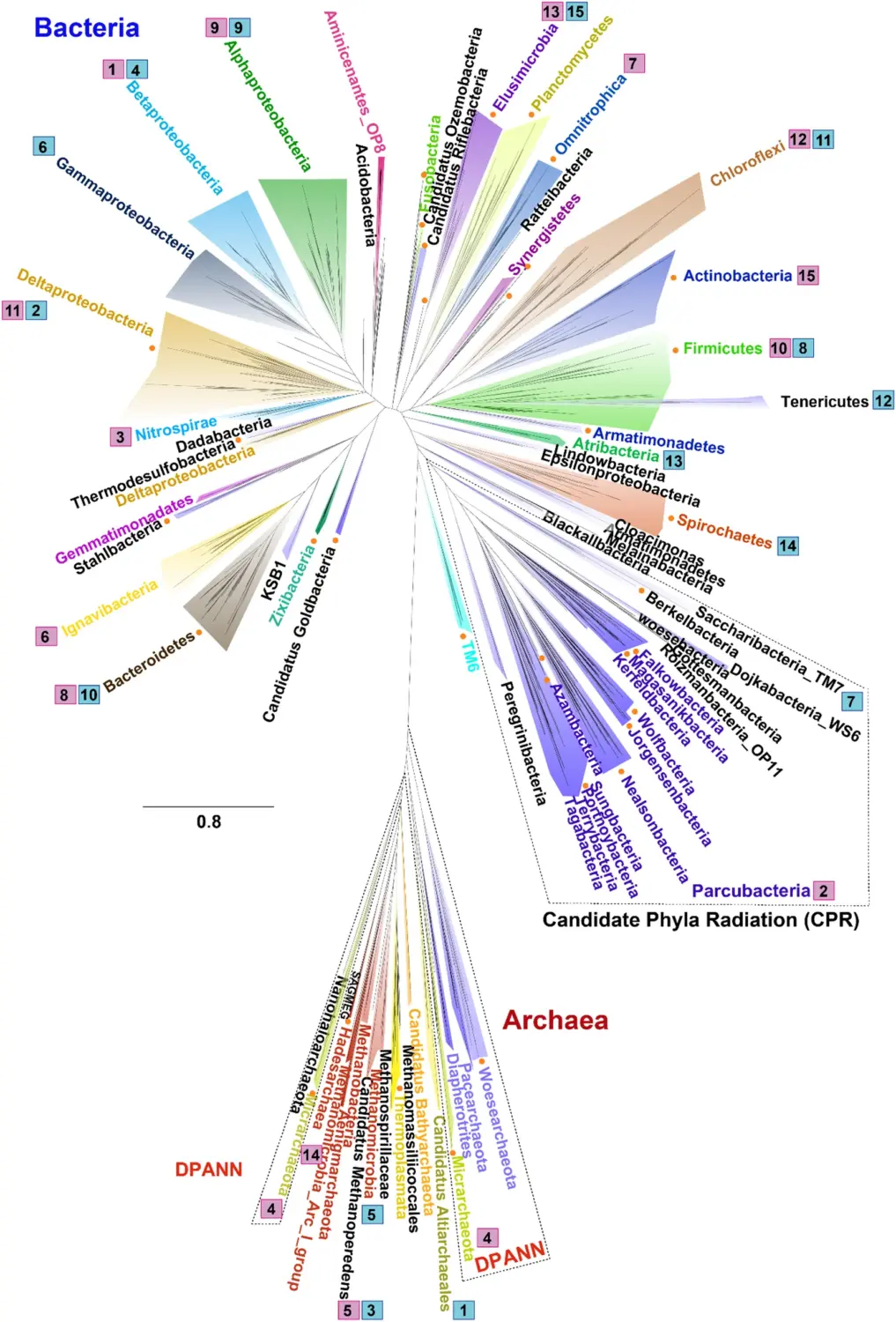In its comments, MRI states that Japan would have to make proactive contributions to safe and stable global nuclear operations, in addition to current activities toward restarting existing nuclear reactors.
A total of 25 countries had endorsed the declaration as of January 17. Japan has done so from the viewpoint of increasing global nuclear energy capacity through its activities, including supporting third countries seeking to introduce advanced nuclear reactors, and establishing resilient supply chains in cooperation with like-minded countries.
In its comments of December 26, MRI first praises the Declaration to Triple Nuclear Energy, together with the Global Renewables and Energy Efficiency Pledge—which aims to expand renewable energy capacity, and which was also made at COP28—saying that both were “ambitious toward meeting a target that would not be achieved merely by extending conventional efforts.” MRI then says that global discussions must consider the entirety of decarbonization energies, rather than simply attempt to choose between nuclear energy and renewable energy.
MRI also explains the context around the Declaration to Triple Nuclear Energy based on the global energy situation as described, for example, in the World Energy Outlook 2023 (WEO2023) made by the International Energy Agency (IEA). According to that, the global nuclear installed capacity in 2050 is expected to fall short of the target in the Declaration by approximately 300GW, even in the net-zero emissions scenario in WEO2023, which relies most heavily on nuclear energy.
Moreover, given current worldwide nuclear installed capacity as well as construction and planning, MRI says that new reactors with a capacity of approximately 750GW will be needed by 2050 if the closure of currently existing reactors is considered, as based on data from the World Nuclear Association (WNA).
In its comments, MRI also clarifies the current state of nuclear power in the countries endorsing the Declaration. Given that the major nuclear states of Russia, China and India did not participate in it, MRI emphasizes that “further commitment by each country is vital” toward achieving the target.
Regarding Japan and the Declaration, MRI first points out that the early restart of existing domestic reactors and the extension of operating reactor lifetimes in the country are immediate issues. Additionally, it expects that infrastructure for technologies, risk assessment and human resource development know-how—all of which the Japanese nuclear industry has fostered—will be key elements in the country’s “demonstrating its presence in the world.”
Meanwhile, as for building resilient supply chains, MRI mentions that Japan needs to foster superior competitiveness and upgrade performance and quality.


-1.png)









